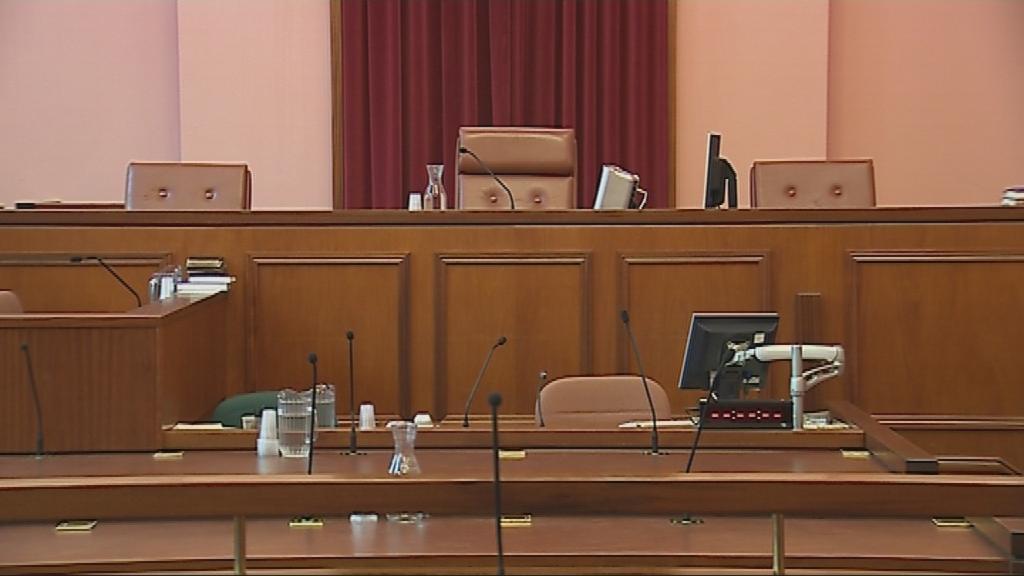Coroners’ courts could now find themselves becoming a significant forum for Troubles-related killings following a series of recent landmark judgments.
The Detail understands that top level talks have already taken place within the court service following a recent ruling which places a new onus on coroners in Northern Ireland to fully investigate controversial deaths in which the state has been implicated.
The judgment from the Supreme Court, which was formerly known as the House of Lords, to significantly increase the role of coroners in Northern Ireland follows a decision by Attorney General John Larkin to refer a series of controversial deaths back to the coroners’ court for fresh investigation.
The Detail understands that since he took up office in April 2010, Mr Larkin has referred 11 cases back to the coroner, including several conflict-related deaths.
He is understood to be actively considering at least 11 other cases for possible for new investigation.
One of Northern Ireland’s leading human right’s groups has welcomed the Attorney General’s decisions to refer cases back to the coroner’s court.
Writing in The Detail, Committee for the Administration of Justice (CAJ) director Mike Ritchie predicts that inquests will now play an increasingly important role while the controversy over how to deal with Troubles’ related killings continues.
“In the absence of any other process for dealing with the legacy of the conflict, inquests will become more important as a venue for truth seeking,” he writes.
“Mr Larkin’s impact suggests that new inquests can only become more central to how we deal with the past.”
Throughout the Troubles inquest courts were regularly at the centre of controversy with the security forces objecting to coroners being allowed access to sensitive evidence relating to controversial killings.
In 1984 Armagh coroner Gerry Curran was due to oversee inquests into the deaths of INLA men Roddy Carroll and Seamus Grew who had been shot dead in the so-called `Shoot to Kill’ episode.
However Mr Curran unexpectedly resigned from the case, stating:
“Within the past few days I have been engaged in the review of police files in these cases. “Certain grave irregularities are documented and recorded on the file.
“Consequently, I am not prepared to preside at the inquest in these cases."
In June 1991 Amnesty International published a report, United Kingdom: Human Rights Concerns, in which it outlined concerns on the restrictions of inquests in Northern Ireland, in particular that the coroners’ court could not make the finding of an unlawful killing by a named or an unnamed person, unlike coroners’ courts in England and Wales.
The report claimed that even though more than 300 people had been killed by the security forces in disputed circumstances, there had still been no wide-ranging investigation into the pattern of killings.
It criticized the fact that the inquest system “by law cannot compel members of the security forces to testify at the inquest.”
However a ruling last month by the Supreme Court in London means that coroners’ courts in Northern Ireland will now have an extended role in investigating controversial deaths, including members of the security forces being compelled to give evidence at inquests.
The case was taken by the families of IRA men Martin McCaughey and Dessie Grew ( a brother of Seamus Grew), who were shot dead by SAS soldiers at a hayshed in Armagh in October 1990.
The killings are understood to be the oldest outstanding inquest in Northern Ireland.
The families’ lawyers argued that the failure to hold a prompt inquest breached their right to life under European legislation.
Supreme Court judges ruled that the inquest into the IRA mens’ deaths must now examine the “planning and control” of the operation, as well as the causes of death.
The judgment could impact on 20 other cases.
Supreme Court president, Lord Phillips, said that coroners must comply with European human rights legislation, which protects the right to life.
The Supreme Court ruling obliges authorities to carry out ``effective investigations” into the circumstances of deaths.
“It would not be satisfactory for the coroner to conduct an inquest that did not satisfy the requirements of (European law) leaving open the possibility of the (relatives) making a claim against the United Kingdom before the (European) court,” he said.
The increased role for local coroners comes at a time when questions remain over how Northern Ireland deals with troubles related killings.
Last week a public inquiry into the deaths of RUC men Harry Breen and Bob Buchanan was informed that inquiry solicitors had met with three former PIRA members involved in the killings.
The British Prime Minister, David Cameron, used a visit to Stormont on the same day to raise the issue of investigating Troubles related killings.
“Through Saville we’ve shown that where the state has acted wrongly, we will face up to, and account for, what we have done. Others too must think about how to face up to their part in the mistakes and tragedies of the past.”
On Thursday it emerged that the Attorney General had ordered a new inquest into the death of Catholic father of two Gerard Slane, who was shot dead by UDA gunmen at his home in west Belfast in September 1988.
British army agent Brian Nelson later pleaded guilty to involvement in the murder.
It is expected that Nelson’s army superior, Brigadier Gordon Kerr, and former Metropolitan Police chief John Stevens could both be called to give evidence at the new inquest.
